Is radio a relic of the past? Consisting of chart-topping pop music and stuffy interviews, it’s largely been replaced in popularity by streaming services and podcasting. WNSR, The New School’s student-run, web-based radio station, is pushing the medium into the future — while advocating for a return to tradition.
WNSR is run by a small team, helmed by faculty advisor Sarah Montague and station manager Maddy Burger, a senior at Eugene Lang College of Liberal Arts. “I wear many hats,” Burger said about their role at WNSR. As station manager, they assist in the production of pieces for WNSR. When describing the process of seeing a piece go from pitch to finished product, Burger said, “It’s an awesome thing to witness.”
Montague, who has produced for WNYC and currently produces the podcast “Selected Shorts,” got her start in public radio. When she was hired as a faculty member of the Culture & Media department at Lang in 2002, she and her students felt a need for more outlets devoted to audio expression at The New School. In 2010, WNSR was established, alongside Montague’s radio production course, On Air: Making a Radio Station.
Pieces published through WNSR come primarily from radio production classes at Lang, although past contributors have included alumni and faculty. “We’re open to anyone from the New School community,” Montague said.
“We try to give visibility to issues students are grappling with,” Burger added. Montague’s classes draw a variety of students, from those studying journalism to student musicians and performers.
WNSR’s catalog of programming is equally varied. Their shows include breaking news, arts and culture, interviews and profiles, and a variety of specialty productions. Montague emphasized that WNSR is a platform for any kind of audio art or journalism from across the New School community. “I’ve always thought of it as a university-wide thing,” she said.
This fall, WNSR’s capacity to distribute their audio programming has expanded. “It’s a very exciting year for us,” Montague said. They now have a physical studio, housed in the 39 W 13th Street building. This physical space — “a place to hang out,” as Montague described it — in combination with a grant from Lang, has allowed WNSR to expand their efforts in reaching students across the university and fostering a community of listeners and producers. “We want to make it easy for people to produce,” Montague said.
The joy of WNSR lies in the variety of its content and contributors, according to Montague. “We can teach media skills, and the nitty-gritty of producing, but what we need is someone who can wrap themselves around a subject,” she said.
A prime example of the passionate storytelling that WNSR gives a platform to is a recent dramatic live-reading of The Tell-Tale Heart, a short story by Edgar Allen Poe. The story was narrated by Isabel Guastella, and features live accompaniment — an improvised cello soundtrack by Nicolas Bond. Guastella and Bond initially created the piece for a class at The New School’s College of Performing Arts. They felt that it deserved a more permanent home and pitched it to WNSR. This production has blossomed into a partnership — in the spring, Guastella will produce a rendition of the classic radio drama Sorry, Wrong Number by Lucille Fletcher.
Why tell this story through the medium of radio? “It’s fluid,” Burger said. It offers flexibility and a tendency towards improvisation.
“We were able to play off of each other,” Guastella said, describing the process of recording The Tell-Tale Heart with an instrumentalist.
“Radio began with spontaneous engagement,” Montague added. This kind of instinctive production style is inherent to the form.
“You can’t turn on your car radio and listen to The Tell-Tale Heart,” Guastella said. “Radio forces you to use your imagination. Nothing is handed to you.”
The independent, student-run station considers itself important in preserving the tradition of radio and its place in the foundation of how news and entertainment is shared with the public. Within the next few weeks, WNSR will release the pieces produced in Montague’s fall semester radio production class — and as this year rolls into the next, WSNR encourages the New School community to pitch to them. “People forget, or don’t understand, the capacity of the medium,” Burger said. “Radio makes your mind work a little harder.”

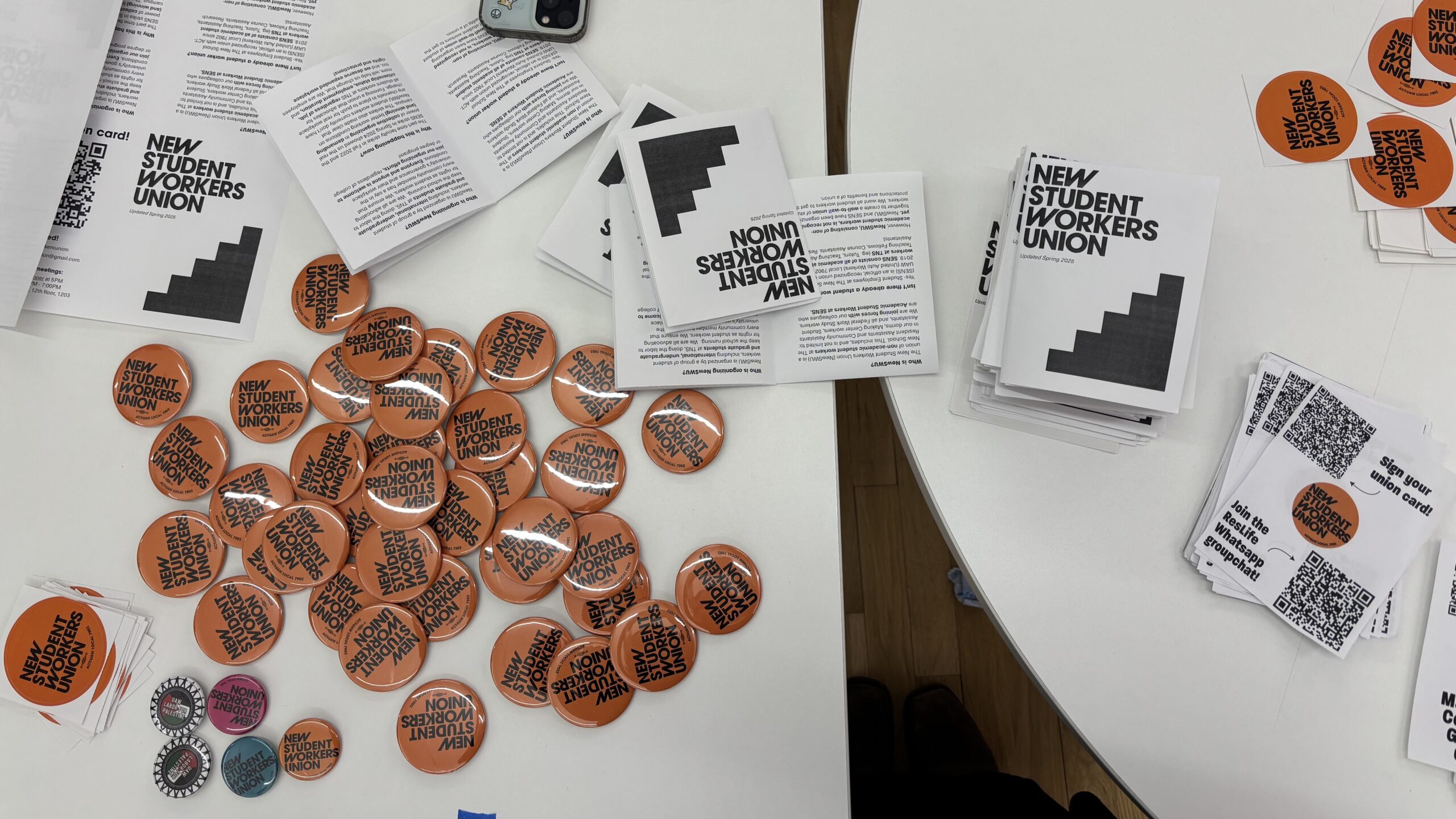
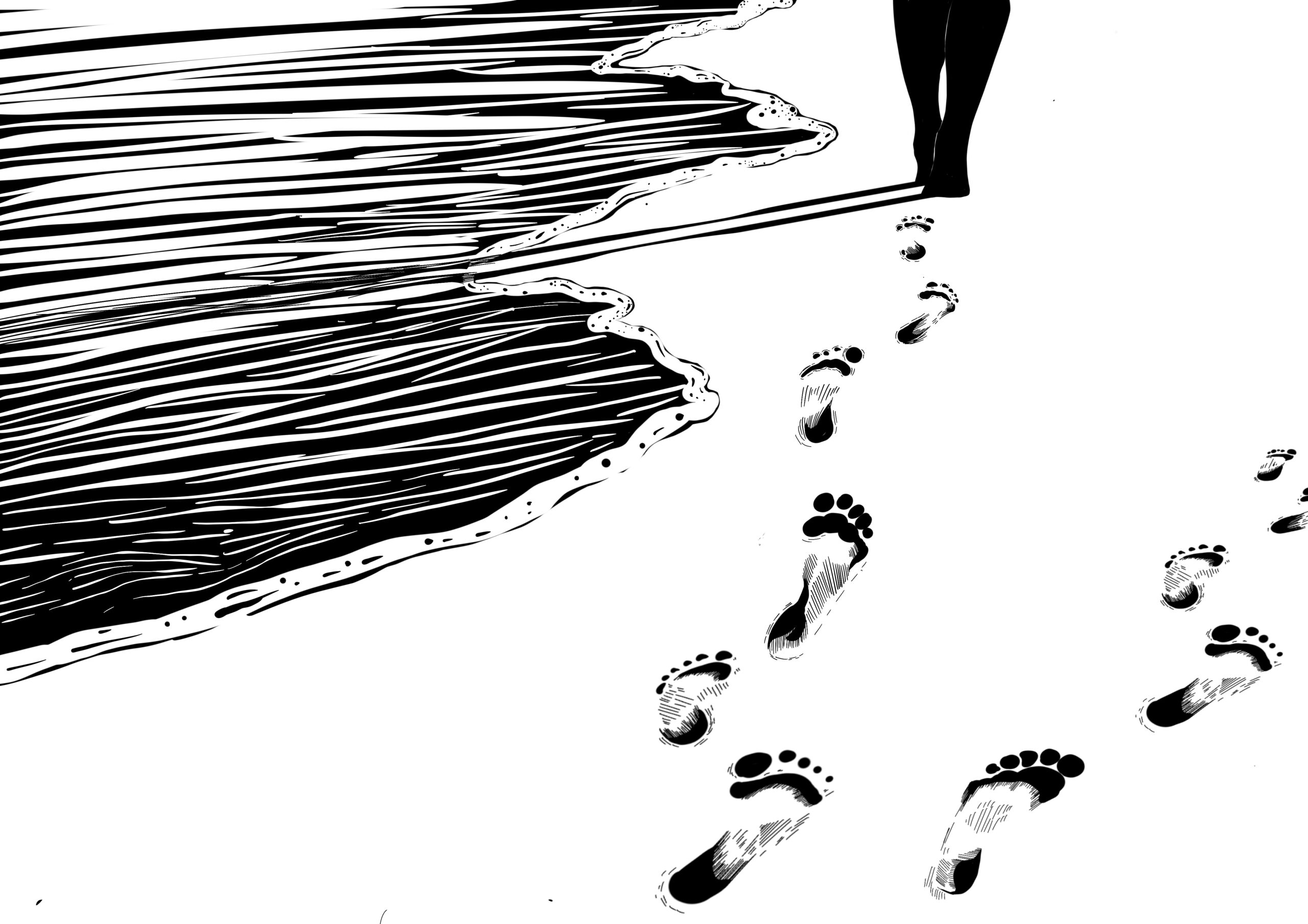
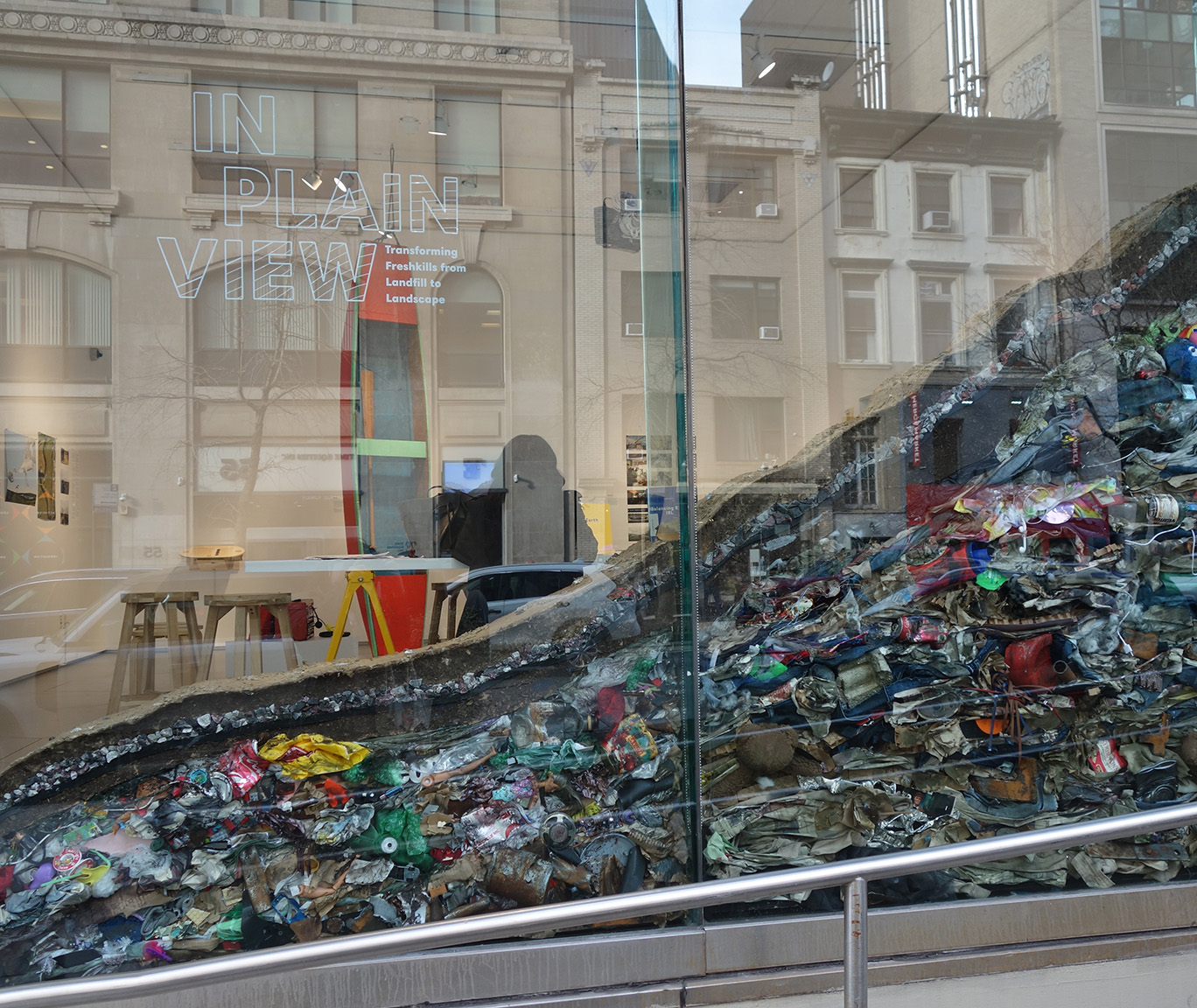
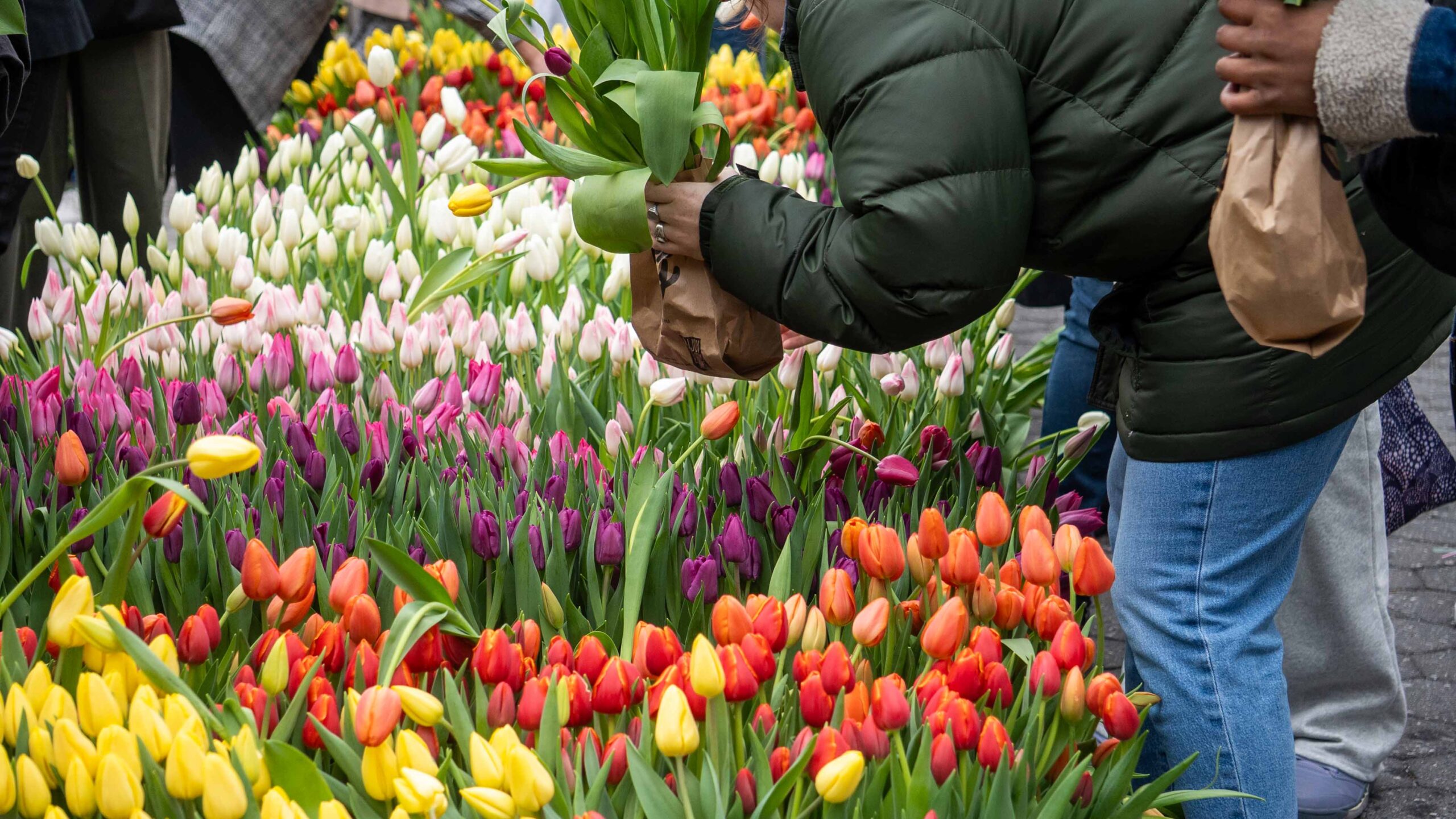
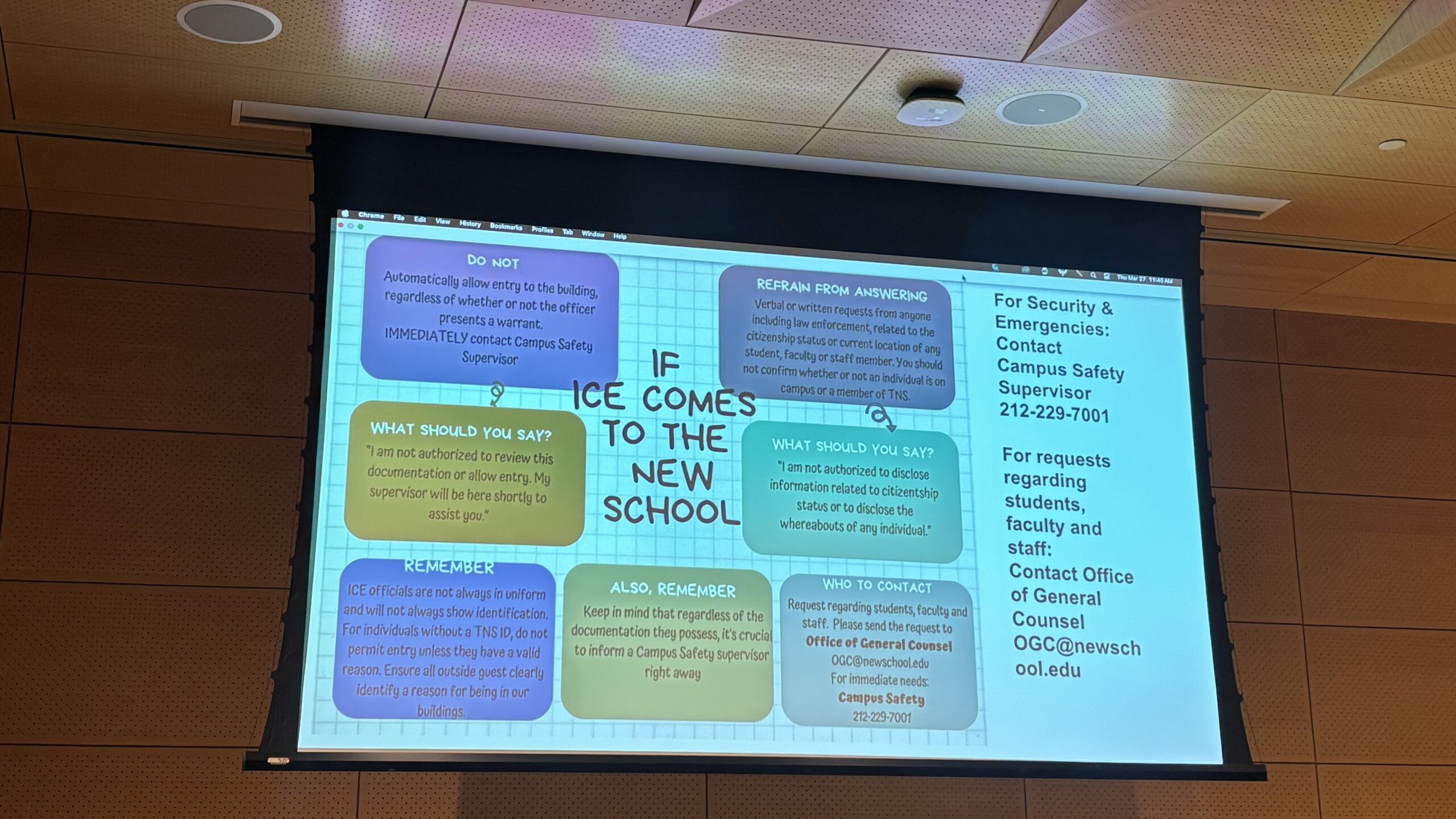
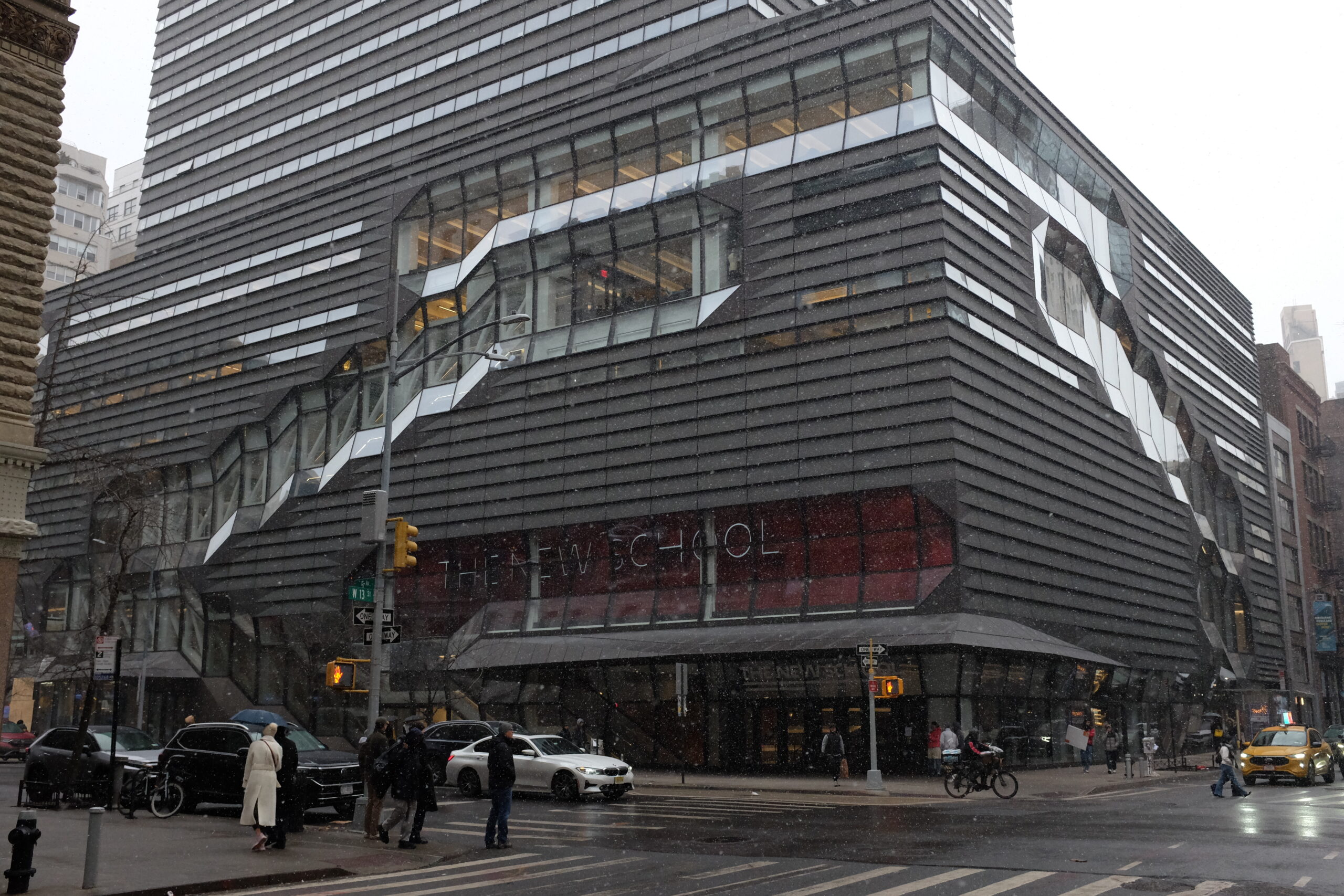
Leave a Reply